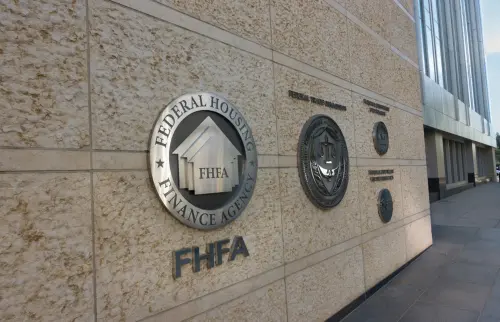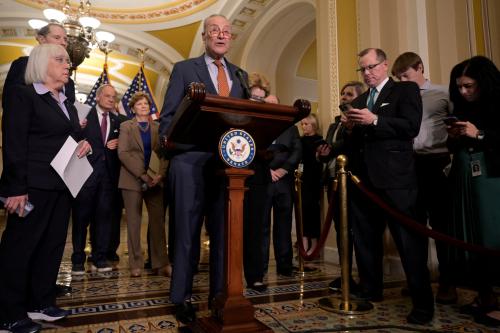

WASHINGTON, D.C. – The shifting geography of innovation is one of the most disruptive economic trends underway today, according to a new Brookings paper. Innovation districts are geographic areas where leading-edge companies, research institutions, start-ups, and business incubators are located in dense proximity. They are physically compact, transit-accessible, and offer housing, office, and retail. These districts facilitate new connections and ideas, accelerate the commercialization of those ideas, and support metropolitan economies.
“Innovation is moving from the late 20th century model of isolated corporate campuses to entrepreneurial and collaborative areas in the downtowns and midtowns of cities,” said Bruce Katz, vice president at Brookings and co-author of the new paper. “Big market and demographic forces are revaluing what cities offer—proximity, density and connectivity.”
“The Rise of Innovation Districts: A New Geography of Innovation in America” describes the three primary factors that contribute to this emerging trend.
Burgeoning innovation districts can be found in dozens of cities and metropolitan areas across the United States. The paper identifies three models.
These innovation district models offer diverse benefits for metropolitan economies. For example, they help cities and metropolitan areas leverage their distinct economic position to grow jobs for workers of varying skill levels. These jobs are better and more physically accessible at a time of rising poverty and social inequality. Finally, innovation districts can help cities and metropolitan areas raise revenues at a time when federal and state resources are diminishing.
“Instead of trying to become ‘the next Silicon Valley,’ innovation districts help metropolitan leaders build on their city’s distinctive assets and advantages,” said Julie Wagner, co-author of the report and nonresident senior fellow at the Brookings Metropolitan Policy Program. “These are smart, new approaches to sustainable economic development that focus on growing jobs in the productive and traded sectors of the economy.”
The paper offers clear recommendations for metropolitan leaders to build and support innovation districts and shares seven case studies of innovation districts from cities across the United States.
The Metropolitan Policy Program at Brookings provides decision-makers with cutting-edge research and policy ideas for improving the health and prosperity of metropolitan areas, including their component cities, suburbs, and rural areas. To learn more, please visit:brookings-edu-2023.go-vip.net/metro. Follow us on Twitter at www.twitter.com/brookingsmetro.

Aaron Klein, Kathryn Judge
July 15, 2024

Ali Wyne, Ryan Hass
July 15, 2024

Laura Martinez
July 15, 2024